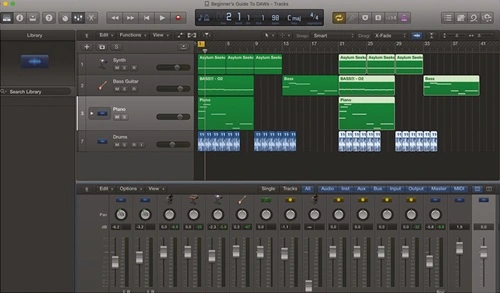Yes, paying employees “under the table” is illegal in the United States. This practice refers to compensating workers in cash without reporting the payments to the government or withholding required taxes, including income tax, Social Security, and Medicare. Both employers and employees engaging in under-the-table arrangements violate federal and state tax laws, and such actions can lead to severe legal and financial consequences.
Legal Framework and Requirements
1. Federal Tax Laws
The Internal Revenue Code (IRC) mandates that all income, regardless of how it is paid, must be reported to the IRS. Employers are required to:
- Withhold federal income tax, Social Security, and Medicare contributions from employees’ wages.
- File Form W-2 for employees or Form 1099-NEC for independent contractors at the end of the year.
- Pay their portion of Social Security and Medicare taxes as outlined by the Federal Insurance Contributions Act (FICA).
2. State Tax Laws
States also require employers to withhold state income taxes, if applicable, and comply with unemployment insurance and workers’ compensation requirements. Failure to do so is considered tax evasion.
3. Fair Labor Standards Act (FLSA)
Employers must pay at least the federal or state minimum wage and adhere to overtime laws. Paying under the table often results in violations of these labor laws.
Consequences of Paying Under the Table
1. For Employers
Employers caught paying under the table can face significant penalties, including:
- Fines and Back Taxes: The IRS and state tax agencies can impose fines, require repayment of withheld taxes, and add interest and penalties for non-compliance.
- Criminal Charges: In severe cases, employers may face felony charges for tax evasion or fraud, which can result in prison sentences.
- Ineligibility for Contracts: Businesses caught engaging in illegal practices may lose eligibility for government contracts or certifications.
2. For Employees
Employees who accept under-the-table payments also face risks, such as:
- Tax Liabilities: Failure to report income can lead to audits, fines, and penalties from the IRS.
- Loss of Benefits: Employees working off the books are ineligible for unemployment benefits, Social Security contributions, and workers’ compensation.
- Job Insecurity: Without formal employment records, employees lack legal protections against wrongful termination or wage disputes.
Common Scenarios of Under-the-Table Payments
1. Small Businesses and Freelancers
Some small businesses or self-employed individuals may attempt to reduce costs by avoiding payroll taxes. However, the IRS monitors such activities and penalizes non-compliance.
2. Domestic Work
Nannies, housekeepers, and caregivers are often paid in cash. Employers must still report these wages if they meet the IRS threshold for household employment taxes.
3. Gig and Cash-Only Jobs
Gig workers and cash-only businesses, like restaurants or construction companies, may attempt to skirt tax laws. However, these practices are illegal unless income is properly reported.
How the IRS Detects Under-the-Table Payments
The IRS and state tax agencies use several methods to uncover under-the-table practices:
1. Audits and Investigations: Payroll discrepancies or irregularities in reported income can trigger an audit.
2. Whistleblower Reports: Employees or third parties can report tax violations to the IRS anonymously.
3. Matching Income Reports:
The IRS cross-references employer and employee filings to identify inconsistencies.
Legal Alternatives for Employers
To comply with federal and state laws, employers should:
1. Establish Formal Payroll Systems: Use payroll software or third-party services to calculate and withhold taxes accurately.
2. Classify Workers Correctly: Determine whether workers are employees or independent contractors based on IRS guidelines.
3. Report All Payments: Even cash payments must be reported, with proper taxes withheld and remitted.
Related FAQs
Q1. Is paying under the table always illegal?
Ans: Yes, paying under the table is illegal because it involves tax evasion and violates labor laws.
Q2. Can I report an employer for paying under the table?
Ans: Yes, you can report employers to the IRS or your state’s labor department. The IRS has an anonymous whistleblower program for tax violations.
Q3. What happens if I unknowingly accept under-the-table payments?
Ans: You are still responsible for reporting income to the IRS. Failure to do so can lead to penalties, but you can avoid further issues by amending past tax returns.
Q4. How can I prove I was paid under the table?
Ans: Document any evidence, such as bank deposits, emails, or text messages, and consult with an attorney or labor board if needed.
Q5. Are cash payments always illegal?
Ans: No, paying in cash is not inherently illegal. However, all cash payments must be reported, and proper taxes must be withheld and remitted.


